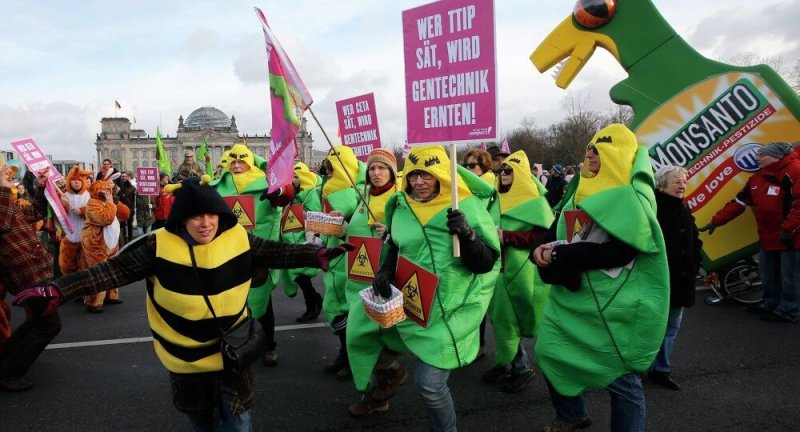In the vineyards of Oberrotweil and Oberbergen numerous green crosses were set up [over] the weekend. “They are meant as a protest against the extreme demands of the people’s pet protection species ‘Save the bees,’” emphasized Roland Leininger, Managing Director of the wine cooperative Oberrotweil ….
The protest was initiated by numerous winemakers and fruit growers …. “We want to educate the population that winemakers and fruit growers are for the protection of insects and bees, we need them, but the demand of the people’s petition goes too far and endangers the entire profession of winegrowers and fruit growers ….” said Leininger.
…
The demands of the referendum would affect not only conventional wine and fruit farms, but also organic farms on Kaiserstuhl …. Since the Kaiserstuhl is outlined as a protected area, then no pesticides and no biocides could be used for pest control. This means an existential threat to the wine and fruit growing and tourism at the Kaiserstuhl ….
[Editor’s note: Original article translated from German and edited for clarity.]
Read full, original article: Winemakers protest claims of “Save the bees”































